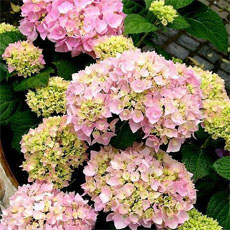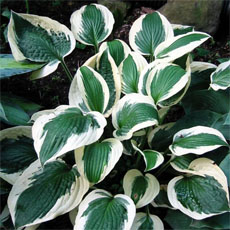Asian Woolly Hackberry Aphid
Shivaphiscelti
Order
Family
Genus
Species
Regional
This bug has been reportedly found in the following regions:
Stockton, California
Durango, Colorado
Atlantic Beach, Florida
Hollywood, Florida
Augusta, Georgia(2 reports)
Hephzibah, Georgia
Lake Charles, Louisiana
Ozark, Missouri
Broken Arrow, Oklahoma
Austin, Texas
Temple, Texas
Danville, Virginia
show allFeatured Videos
Gardener's Notes:
Sort By:
A
AmandaTaylor7
Alvin, TX (Zone 9a) |
June 2007 |
Negative
Nasty bugs. These things attacked my 2 new Hibiscus plants and wow - they really struggled. The plants still kept the new blooms going but the foliage was wilting and falling off quite quickly (really odd). I got rid of them by using some spray from Wal-Mart. Good thing too - ever since my plants have really perked back up with LOTS of new growth!
b
barksy
(Zone 10a) |
March 2007 |
Negative
My sugarberry (hackberry) tree gets beat up every summer. First, the leaf cutter bees go to town. Then, the woolly aphids move in. The aphids supposedly don't hurt the tree but, they don't look very appealing and they get sticky stuff on the tree. I wish they would go away. Here is a link to a good UFL data sheet on these pests. http://creatures.ifas.ufl.edu/trees/asian_hackberry.htm
r
rb250
Danville, VA (Zone 7b) |
August 2006 |
Negative
we get them at the Va. N.C. border all the time spring to late summer. and on all plants, the peace lily is a favorite but they're not too choicy. don't seem to do much damage, just make the plant look bad with white junk all over them.



















































